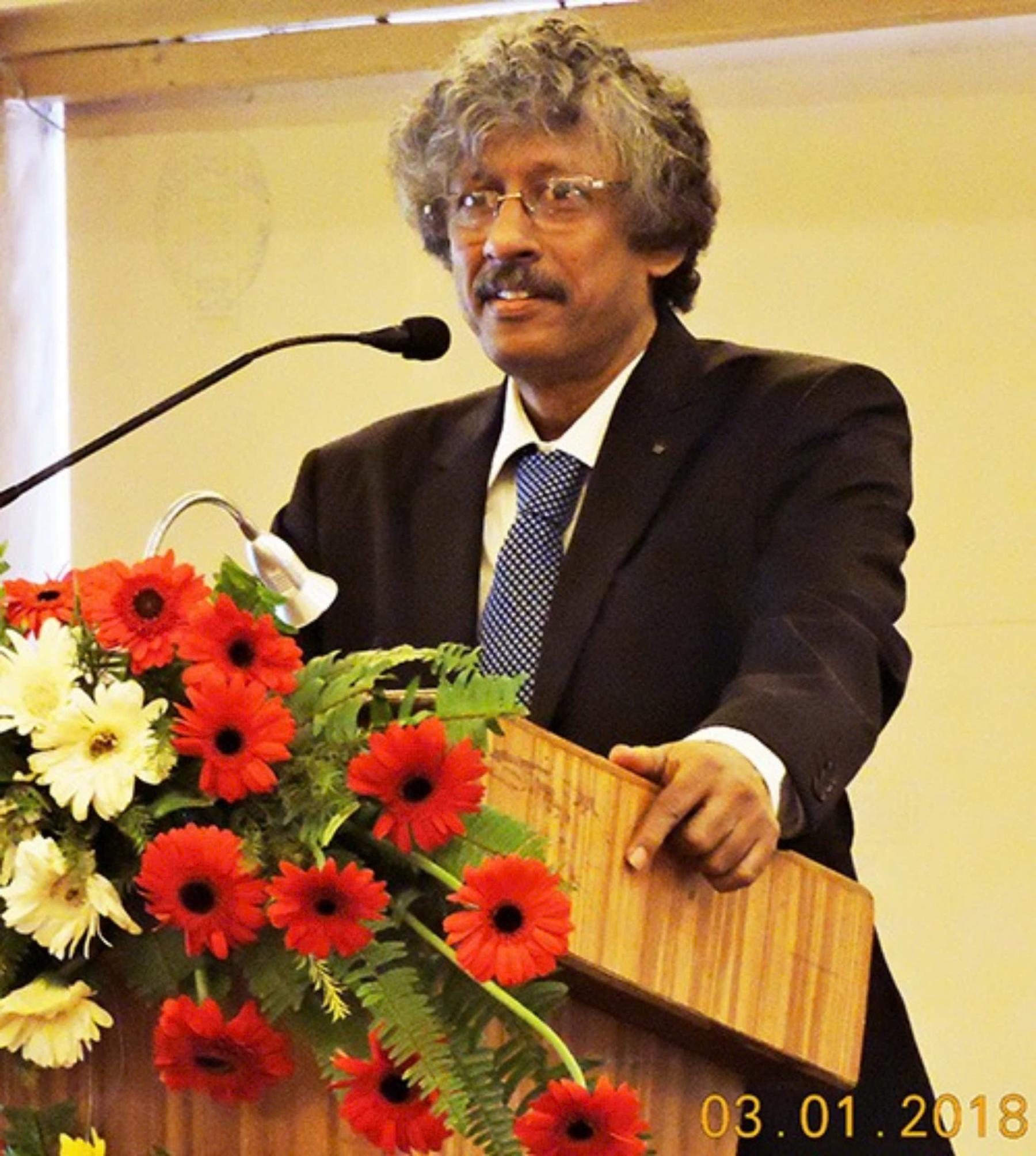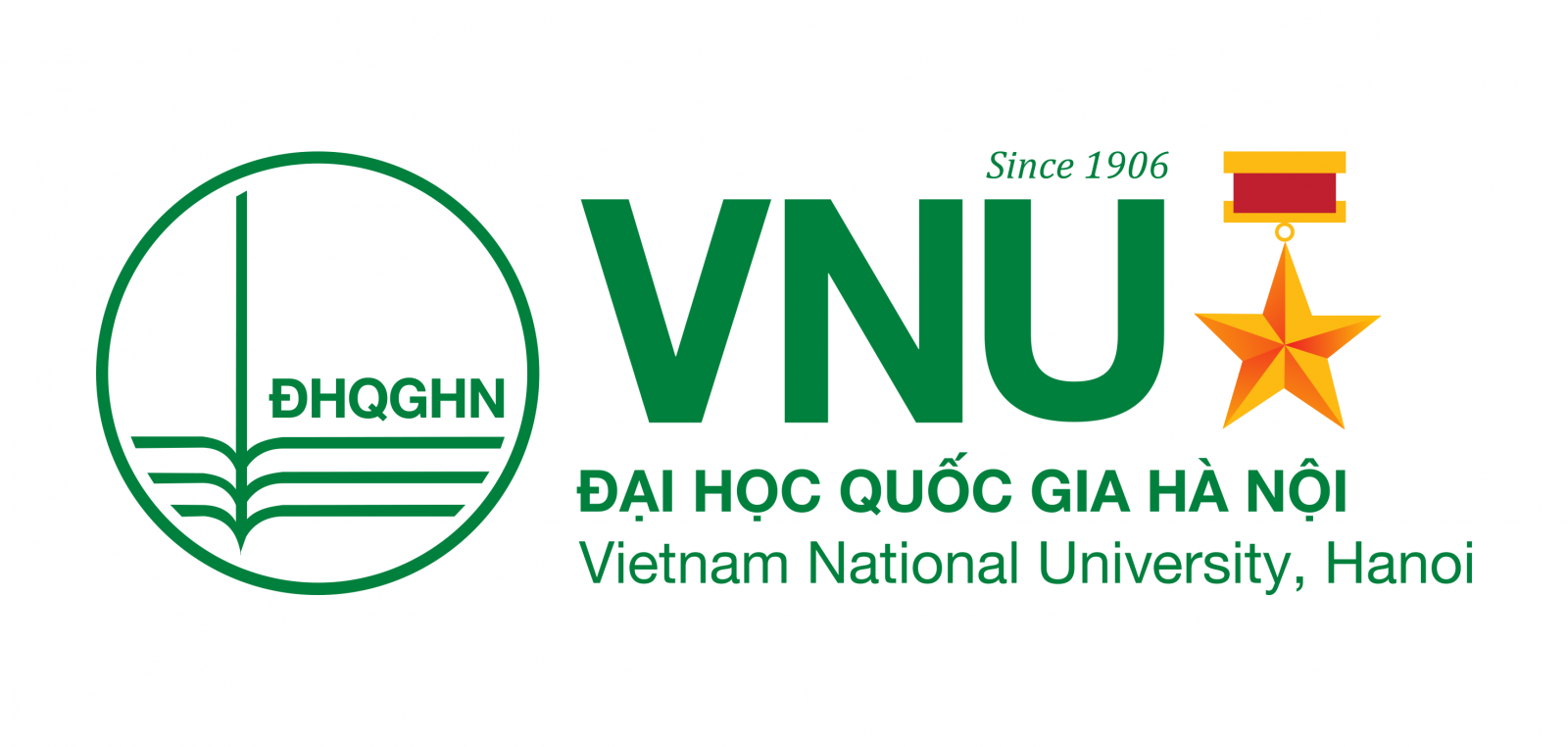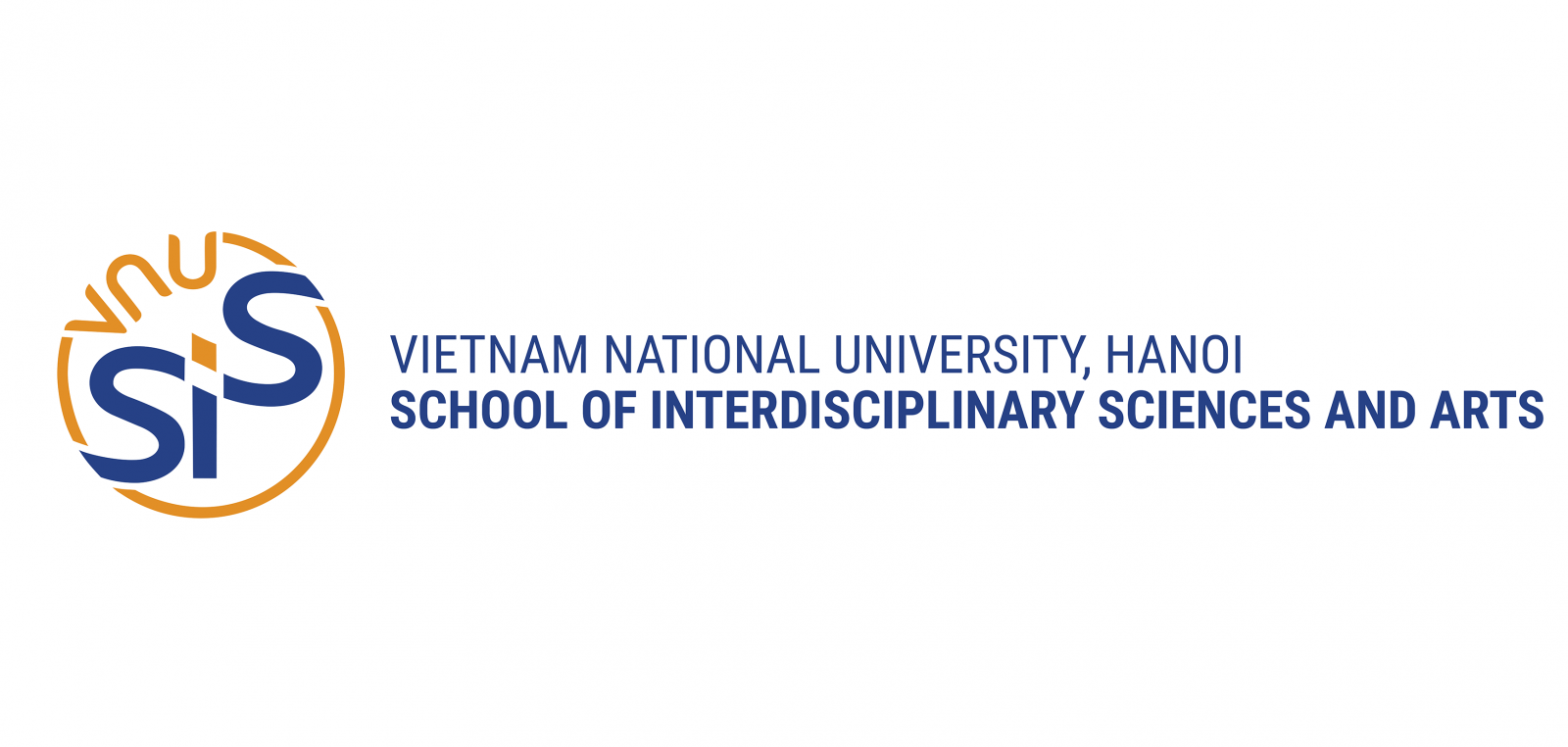
Sadhan Kumar Ghosh
Biography
Prof. Dr. Sadhan Kumar Ghosh, PhD (Engg.): The Director General, Sustainable Dev. & Circular Economy Research Centre, ISWMAW, India and the Founder Advisor, Centre for Sustainable Development & Res. Efficiency Management, Jadavpur University, Kolkata, India. He is a renowned personality in the field on Waste Management, Circular Economy, Green Manufacturing, Supply Chain Management, Sustainable Development, Co-processing of Hazardous & Municipal Solid Waste, Plastics Waste management & recycling, E-waste management & recycling, management system standards (ISO) and TQM having collaboration in more than 45 countries. He started his career in the multinational industries.
He served as the Dean of Faculty of Engg. and Technology, Head and Professor in mechanical engineering at Jadavpur University, India and the Director, CBWE, Ministry of Labour and Employment, Govt. of India. Prof Ghosh is the founder Chairman of the IconSWM; Founder & President of the International Society of Waste Management, Air and Water (ISWMAW) and the chairman of the Indian Congress on Quality, Environment, Energy and Safety Management Systems (ICQESMS). Recognised & enlisted among Top 2% of the scientists in the world in 2024.
Editor: He is the Editor-in-Chief of the Journal of Solid Waste Technology and Management and Associate Editor of the Journal of Materials Cycles and Waste Management. He edited more than 40 books published by CRC press, Springer Singapore Inc., Oxford Publishing House and others. He wrote ten books. Out of total 10 books, he wrote the first book in the world on Co-processing of Waste in Cement Kiln.
He received several awards in India and foreign countries including the Distinguished Visiting Fellowship 2012 by the Royal Academy of Engineering, UK and The Boston Pledge & NABC 2006 Award for ‘The most eco-friendly innovation” for conversion of plastics & Jute wastes to Wealth conferred by the North American Bengali Conference 2006, Houston, USA in the ESP/50K Business Plan Competition. He received three patents in India and Bangladesh on “eco-friendly plastics recycling machine and the process there of” [Patent no.202532 Dt. 02/03/2007] and “Automatic High Speed Jute Ribboning Machine” [Patent no. 1005146 dt. 17/02/2014]. He wrote ten books, more than 50 edited volumes, more than 300 national and international articles and book chapters. He is the Editor-in-Chief of the Journal of Solid Waste Technology & Management, and Associate Editor of Journal of Material Cycles and Waste Management. He developed & established “Policy on Anti-Plagiarism, Jadavpur University, 2019”.
He conceptualised a mission, “Catch Them Young: Zero Waste & Circular Economy in Campus” in which 1,80,000 students and teachers are working with him from 150 schools in West Bengal and the hilly state of Meghalaya, India targeting to make 10 million people aware on waste management in India by 2024.
Beyond the linear paradigm: The imperative for systemic change
The prevailing global economic model, characterized by linear extract-produce-consume-dispose patterns, has led to resource depletion, environmental degradation, and widening social inequalities. This “take-make-waste” model has proven unsustainable in the Anthropocene era, where ecological boundaries are increasingly breached and planetary health is at risk. To address these systemic failures, Green Economy (GE) and Circular Economy (CE) concepts have emerged as transformative frameworks that seek to decouple economic growth from environmental harm while promoting inclusivity, resilience, and resource efficiency.
The Green Economy, as defined by the United Nations Environment Programme (UNEP), improves human well-being and social equity, while significantly reducing environmental risks and ecological scarcities. It emphasizes low-carbon development, renewable energy, sustainable infrastructure, green jobs, and environmental justice.
The Circular Economy, on the other hand, represents a systemic approach to economic development designed to benefit businesses, society, and the environment. Rooted in resource loops, waste valorization, and life-cycle thinking principles, CE promotes strategies such as reuse, repair, remanufacturing, recycling, and product-service systems to extend material utility and reduce dependency on virgin resources.
Convergence and complementarity: linking green and circular economies
Although the concepts of GE and CE originate from different disciplinary traditions, they are increasingly seen as mutually reinforcing paradigms. The green economy provides the macroeconomic and policy orientation, including fiscal instruments, investment frameworks, and employment transitions, while the circular economy offers the microeconomic and operational mechanisms to implement resource-efficient and low-carbon practices at the sectoral and enterprise levels.
They constitute a holistic approach to sustainable development that integrates environmental boundaries with economic dynamism and social innovation. Their convergence enables nations to pursue inclusive, regenerative, and innovation-driven growth pathways, especially relevant for economies in transition or under resource constraints.
Vietnam’s green-circular transformation: emerging trends and policy gaps
As an emerging middle-income economy, Vietnam is at a pivotal juncture where the shift toward green and circular development is both a strategic imperative and a policy opportunity. The country has adopted key frameworks such as the National Strategy for Green Growth (2021-2030), the National Action Plan on Circular Economy, and the Vietnam Climate Change Strategy to 2050. These documents signal strong political will and international alignment with the UN SDGs, Paris Agreement, and ASEAN circular economy agenda.
Notable initiatives include:
- Integration of cleaner production practices in industrial zones.
- Circular agriculture models that valorize organic waste.
- Plastic waste reduction campaigns and extended producer responsibility (EPR) pilots.
- Exploration of carbon pricing mechanisms and green bonds.
- However, implementation challenges remain:
- Fragmented governance across ministries and sectors.
- Lack of fiscal incentives and enabling legislation for circular business models.
- Insufficient data systems for material flows and life-cycle monitoring.
- Low awareness and capacity among SMEs and local governments.
Bridging these gaps requires a coordinated approach that connects policy, industry, academia, and communities, anchored in evidence-based planning and innovation ecosystems.
Purpose and scope of the session
The “Green Economy and Circular Economy” session of the international conference “Green Transformation in the Context of Global Change 2024” aims to:
- Examine conceptual and empirical links between green and circular economy frameworks.
- Share international and local case studies of successful transitions across key sectors (e.g., industry, agriculture, construction, tourism).
- Identify policy instruments, financial tools, and innovation strategies that support circularity and decarbonization.
- Discuss measurement challenges, such as indicators for circularity, green GDP, and ecosystem service valuation.
- Explore pathways for integrating CE and GE principles into national planning and enterprise transformation.
This session provides a transdisciplinary forum for dialogue among policymakers, researchers, and business leaders, focusing on localization, scalability, and systems thinking.
Towards a regenerative development paradigm
Ultimately, this session seeks to move beyond incremental environmental reforms toward a regenerative development paradigm, where economic activity actively restores ecosystems, strengthens social equity, and creates long-term resilience. Green and circular economies are not just environmental agendas but foundational strategies for redefining value creation in the 21st century.
By articulating shared visions, grounded practices, and critical policy levers, this session contributes to shaping a new economic logic-one that aligns prosperity with planetary boundaries and intergenerational justice.


